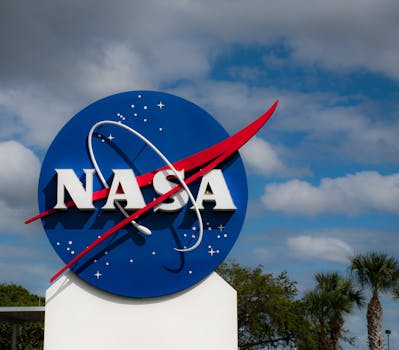
Satellite Launch Missions and Their Impact on Space Exploration
Satellite launch missions have become an essential part of space exploration, enabling us to study the universe, communicate with each other, and navigate the globe. With the increasing demand for satellite-based services, the number of satellite launch missions has grown significantly over the years. In this article, we will discuss the impact of satellite launch missions on space exploration and the benefits they provide to society.
Introduction to Satellite Launch Missions
Satellite launch missions involve launching a satellite into orbit around the Earth or beyond. The satellite is carried into space by a launch vehicle, which is a rocket that is designed specifically for this purpose. The launch vehicle provides the necessary thrust to overcome the Earth’s gravitational pull and propel the satellite into orbit. Once in orbit, the satellite can perform a variety of functions, including communications, navigation, weather forecasting, and scientific research.
The Impact of Satellite Launch Missions on Space Exploration
Satellite launch missions have had a significant impact on space exploration. They have enabled us to study the universe in greater detail, communicate with each other over long distances, and navigate the globe with precision. Satellite launch missions have also facilitated the exploration of other planets and celestial bodies, such as Mars and the Moon. For example, the Mars Reconnaissance Orbiter, which was launched in 2005, has provided valuable insights into the geology and climate of Mars, while the Lunar Reconnaissance Orbiter, which was launched in 2009, has helped us to better understand the Moon’s composition and topology.
Benefits of Satellite Launch Missions
Satellite launch missions provide a range of benefits to society. They enable global communication, navigation, and weather forecasting, which are essential for modern life. Satellite launch missions also facilitate scientific research, which can lead to breakthroughs in fields such as medicine, astronomy, and climate science. Additionally, satellite launch missions can help to promote international cooperation and diplomacy, as countries work together to achieve common goals in space exploration.
Challenges and Opportunities
Despite the many benefits of satellite launch missions, there are also challenges and opportunities that need to be addressed. One of the main challenges is the risk of space debris, which can pose a threat to operational satellites and other spacecraft. Another challenge is the high cost of launching satellites into space, which can limit access to space-based services. However, there are also opportunities for innovation and growth, such as the development of new launch technologies and the use of satellite-based services to support sustainable development.
Conclusion
In conclusion, satellite launch missions have had a profound impact on space exploration, enabling us to study the universe, communicate with each other, and navigate the globe. As the demand for satellite-based services continues to grow, it is likely that the number of satellite launch missions will increase, providing new opportunities for scientific research, international cooperation, and innovation. However, it is also important to address the challenges associated with satellite launch missions, such as space debris and high costs, to ensure that the benefits of space exploration are available to all.




